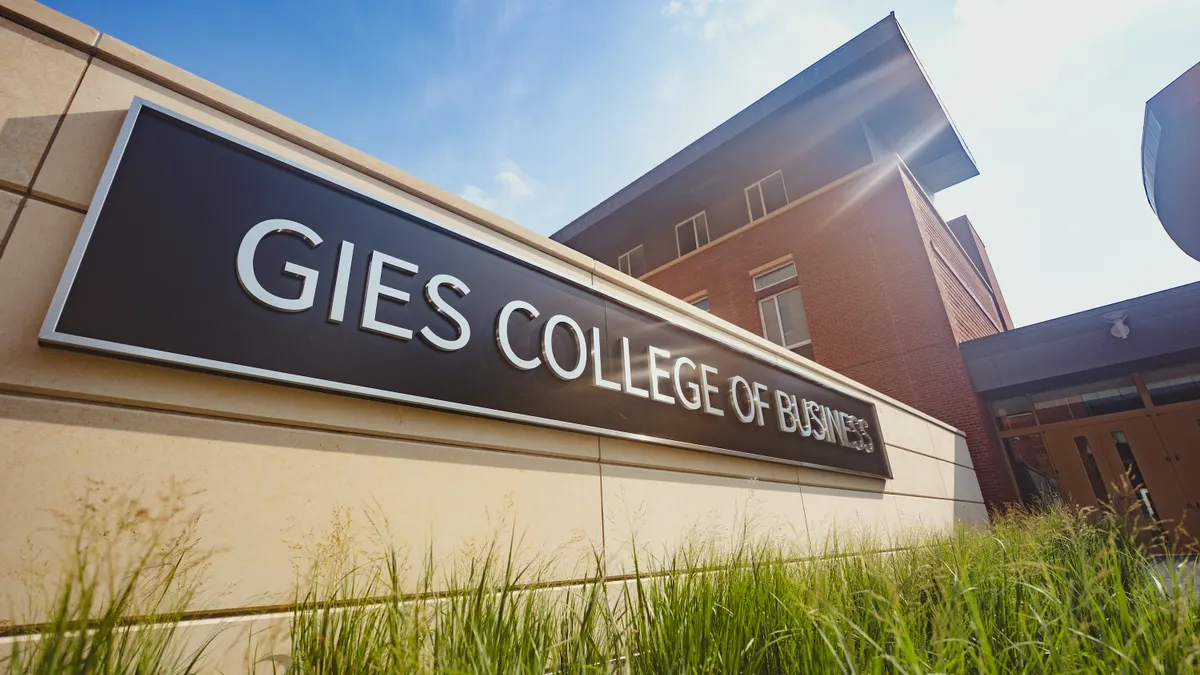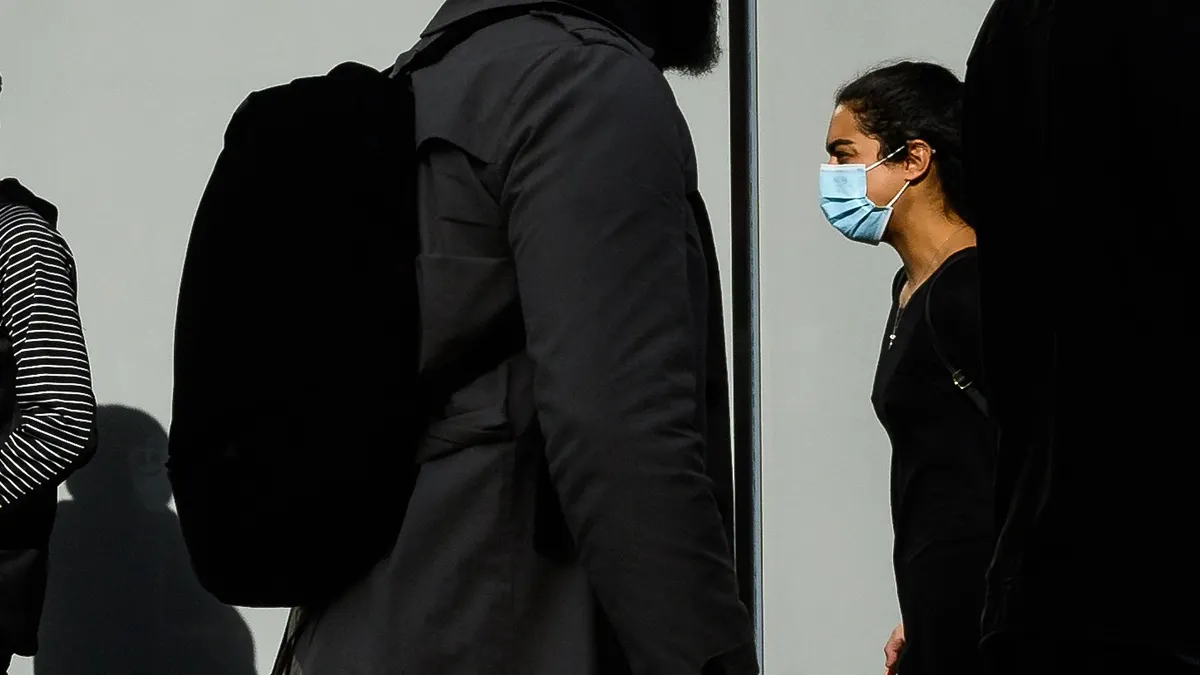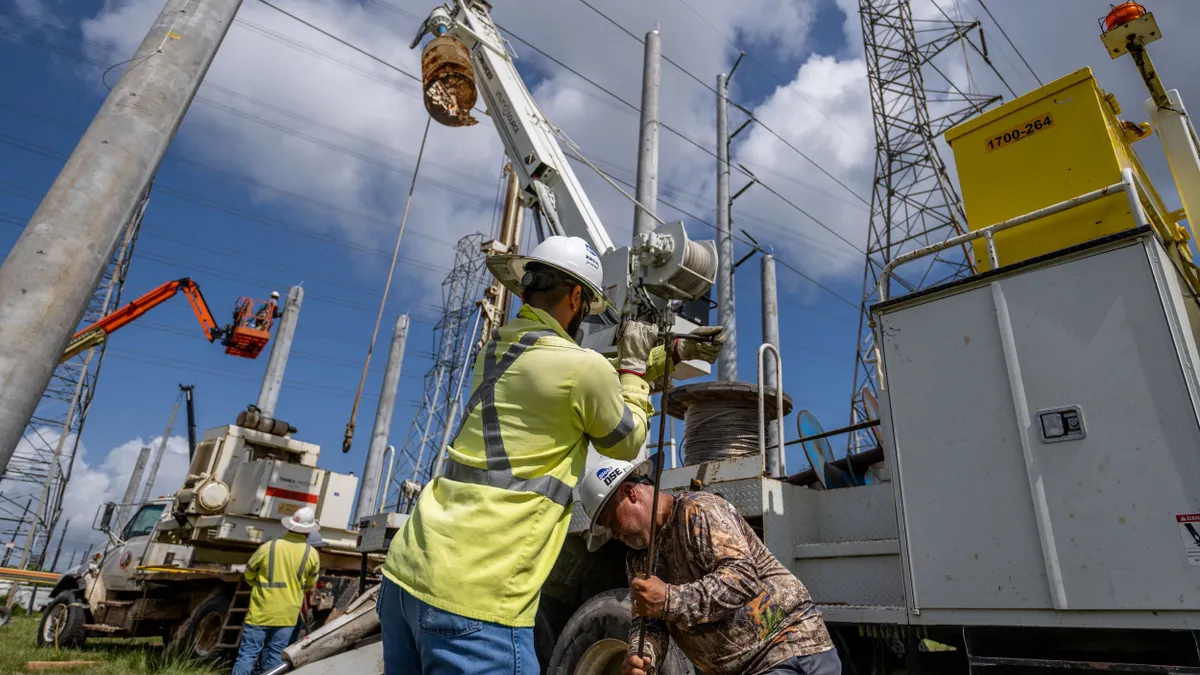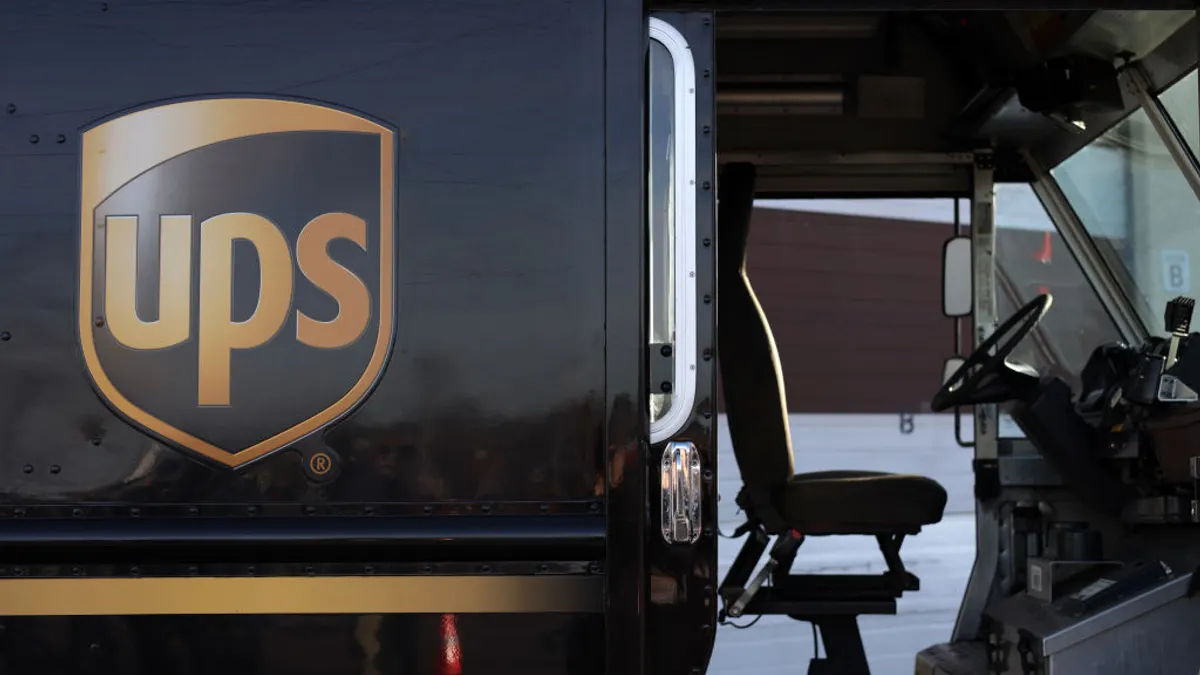Criminal background checks are sometimes seen as the cornerstone of workplace safety. These audits show felony and misdemeanor convictions, pending criminal cases and incarceration history as an adult.
Many diversity and inclusion strategists, however, are asking employers to re-examine their interest in a candidate's criminal history. Instead of using background checks to whittle down a candidate pool, advocates recommend that recruiters do background checks after they've already made an offer.
Data from the Society for Human Resource Management suggests that the HR industry as a whole is unpacking its bias against formerly incarcerated talent. According to a 2021 report, 53% of HR professionals surveyed said they would be willing to hire individuals with criminal records, while 38% of business leaders surveyed said the same.
Delaying a criminal background can help eliminate bias, experts say; recruiters get to know talent without their interactions colored by arrests or charges — which may no longer be a reflection of their character.
Although, one's record may have never reflected their character, in some cases. Advocates say systemic racism in the criminal justice sector creates a cycle of bias, which negatively affects Black and brown people long after their parole ends.
The link between criminal records and inclusion
Generally speaking, the U.S. locks up more people per capita than any other nation, according to the Prison Policy Initiative. PPI analysis from 2020 found that approximately 2,148,000 people are currently in state prisons, local jails, and federal prisons and jails. (This number doesn't include juvenile detention, immigration detention and other similar incarceration.) According to the National Employment Law Project, approximately 70 million adults have a criminal record of some kind.
"It's a huge population. If you're screening people out based on their records, your company is losing all those workers. And more importantly not giving them a fair chance to work and support themselves, their families, their communities," said Beth Avery, a senior staff attorney at NELP who specializes in policies affecting the employment of people with records. In particular, Avery believes that employers who hire based on criminal history are specifically dismissing Black, Latinx and Indigenous talent.
She pointed to an American Journal of Sociology study, The Mark of a Criminal Record, in which even White candidates with criminal records had a better shot at receiving a job interview callback than Black candidates with criminal records: 17% of White people with criminal records received callbacks, whereas 5% of Black candidates with criminal records received callbacks.
Additionally, data from the U.S. government's Bureau of Prisons, shows that Black people are incarcerated at disproportionate rates. Black people make up 13.4% of the U.S. population, according to the U.S. Census Bureau; they comprise 38.2% of federal inmates, according to the Federal Bureau of Prisons.
Ban-the-box laws, by the numbers
In an effort to combat disparities like this — and the prejudice against formerly incarcerated people — activists and politicians joined forces in the fair chance hiring movement. One way advocates are shifting the tides is through the passing of "ban the box" laws.
These laws seek to "ban the box" on a job application that asks about a candidate's criminal history. "The rationale behind the movement is to reduce discrimination and help people with criminal histories reenter society with good jobs, therefore preventing recidivism," Sara Hart Weir, a senior associate at the Institute for Workplace Skills & Innovation, said in an email.
Hawaii pioneered this lane, passing this legislation in 1998. Thirty-six states, Washington, D.C., and more than 150 cities have now adopted ban-the-box laws for public-sector jobs. Likewise, the 2019 Fair Chance to Compete for Jobs Act bans the box on federal agency and federal contractor job applications.
Outside of the private sector, however, only 14 states have mandated that private employers scrap conviction history questions on job applications: California, Colorado, Connecticut, Hawaii, Illinois, Maryland, Massachusetts, Minnesota, New Jersey, New Mexico, Oregon, Rhode Island, Vermont, and Washington.
EEOC: If you do check backgrounds, be thoughtful
HR professionals not operating under a ban-the-box mandate still may want to familiarize themselves with the U.S. Equal Employment Opportunity Commission's position.
Any HR professional familiar with the EEOC knows the phrase "business necessity" is never far away. Criminal background checks are no exception. The EEOC's 2012 background check guidance states employers should generally limit questions about convictions — and that those questions should be "job related for the position in question and consistent with business necessity."
For one, the EEOC issued a blunt reminder regarding background checks that reveal arrests. "The fact of an arrest does not establish that criminal conduct has occurred. Arrests are not proof of criminal conduct. Many arrests do not result in criminal charges, or the charges are dismissed," the EEOC guidance states. "Even if an individual is charged and subsequently prosecuted, he is presumed innocent unless proven guilty."
Ultimately, the commission champions "the Green factors," named aftera ruling in Green v. Missouri Pacific Railroad, 549 F.2d 1158 (8th. Cir. 1977). These three factors serve as a litmus test for whether a candidate's criminal history should influence an employer's hiring decision. They include the nature and gravity of the offense or conduct; the time that has passed since the offense or conduct and/or completion of the sentence; and the nature of the job held or sought.
When asked for examples of what kinds of charges are relevant to a hiring process, Avery declined to answer. Why? Because from a criminal justice standpoint, there's no easy answer. "There are so many factors that go into making a decision like that. And that's the point. I don't think it's right to say that anyone with X offense should be barred from working an X job," Avery said, adding that this open-endedness is the point of the EEOC guidance. She also recommended that employers use the Green factors.
"While the worst thing would be a blanket ban against people with any record, it's quite obviously discriminatory to refuse to hire individuals with any record. Because you're not giving an individualized assessment to those individuals. You're not giving them a chance," Avery said. "And what you're saying is that no matter how much time has passed, no matter what the person has done since that conviction, that they cannot show you that they deserve a chance."
If companies are genuinely committed to diversity and inclusion, delaying criminal background checks is an actionable step employers can take on their D&I journey. This is especially important with "today's social climate, where conversations surrounding racial justice are at the forefront," Weir said.
But ultimately, fair chance hiring isn't just about having a more diverse pool of candidates to pick from. "Extending fair and equitable hiring practices to candidates with criminal records are important steps to ensure that companies do their part in addressing and ending systemic racism and discrimination," Weir said.
And that's exactly what these policies are, Avery said: first steps. HR teams can push the D&I needle by thoughtfully making criminal backgrounds a part of the conversation. "Pair your fair chance hiring policies with internal training for your staff — anti-bias training on diversity, equity, inclusion and cultural competency. One of the reasons fair chance hiring is so important is because it disproportionately affects Black, Indigenous, Latinx people. If you want to address the problem comprehensively, know they're intertwined."
























